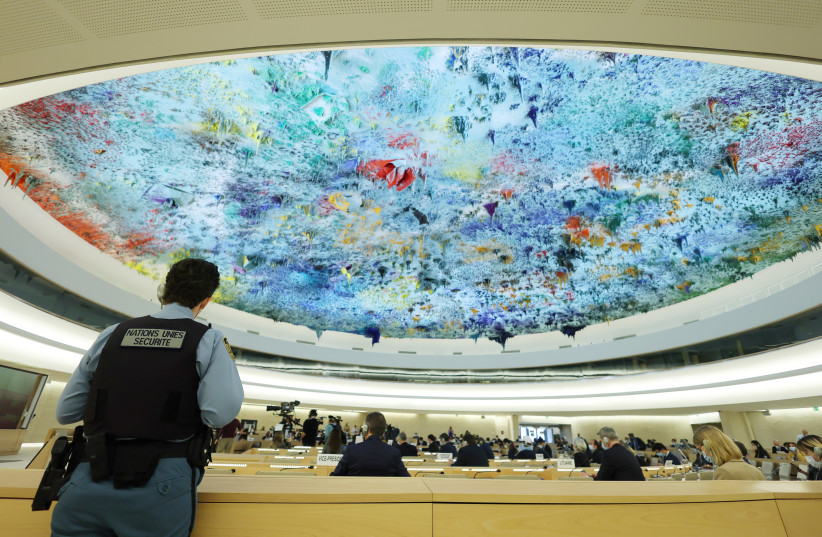The United Nations Security Council "commended: the Israeli-Lebanese agreement reached earlier this month to set a maritime boundary that would allow both countries to produce natural gas from two abutting underwater fields in the Mediterranean.
The 15-member body said that the "permanent" delineation of that bounty was a "major step."
It "will contribute to the stability, the security, and the prosperity of the region. It will benefit both countries and their people and will allow both parties to benefit equitably from energy resources in the eastern Mediterranean."
US energy envoy Amos Hochstein will be in Beirut next week carrying a copy of the maritime agreement with Israel for Lebanese officials to sign, Lebanese negotiator Elias Bou Saab told Reuters on Wednesday.
Departure from decades of war
The deal - hailed by all three parties as a historic achievement - marks a diplomatic departure from decades of war and hostility and once in force will open the door to offshore energy exploration.

"Hochstein will be in Beirut next week with the agreement that we will sign," Bou Saab said. He did not say when the deal would be signed.
"Hochstein will be in Beirut next week with the agreement that we will sign."
Elias Bou Saab
The text, seen by Reuters, lays out that the two sides independently inform Washington of their approval of the deal. The United States will then send a notice to each that the deal has entered into force, and the signatories then send the coordinates for the new border to the United Nations.
A traditional signing protocol with leaders from both countries present is unlikely given that Israel and Lebanon remain technically in a state of war.
Hochstein told a webinar hosted by the Middle East Institute on Tuesday he would be traveling to the region next week but did not give dates or destinations.
"The President of Lebanon and Prime Minister of Israel will decide on the signing. Stay tuned in the next few days," Hochstein said.
